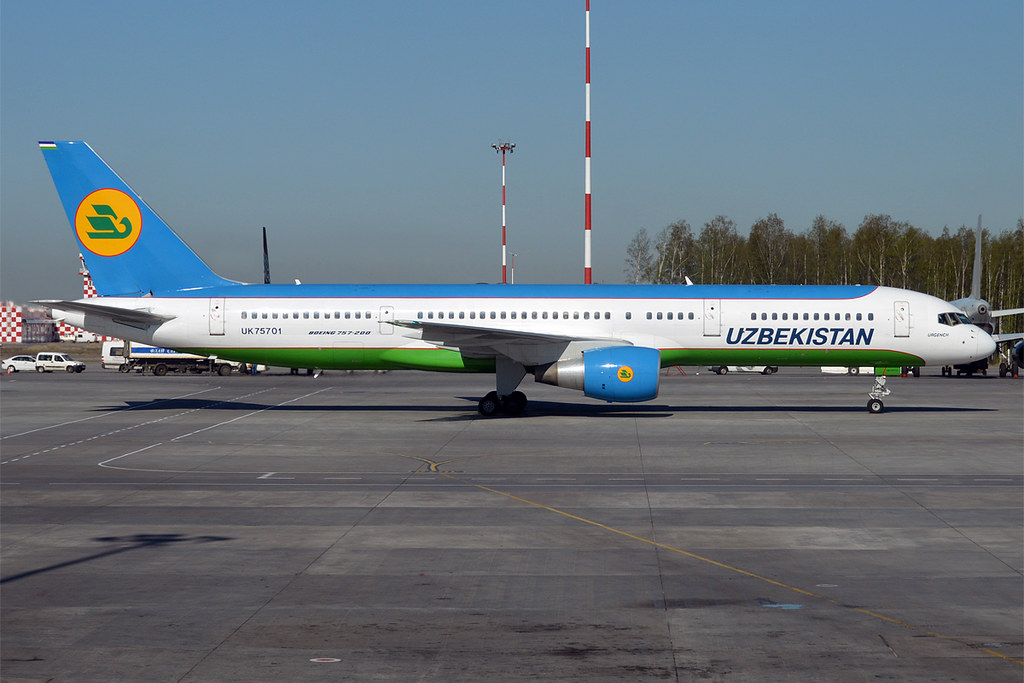The European Commission issued updated guidelines on Friday, outlining that member states must prohibit cars with Russian license plates from entering the EU. This ban applies to both private and company-owned vehicles, with strict enforcement being mandatory for all member states.
The European Commission published new sanctions enforcement guidelines on September 8, clarifying that private vehicles with Russian license plates are not permitted to enter the EU. It’s important to note that these guidelines do not introduce new sanctions on Russia; they provide further guidance on interpreting the existing import ban on private vehicles in the EU.
A representative from the Commission confirmed on Monday that member states are obligated to enforce these sanctions since they are part of EU law.
However, it’s worth mentioning that the entry ban on vehicles with Russian plates does not apply to vehicles owned by EU citizens or their immediate family members.
The guidelines, which were released on Friday, state that the ban applies to both private and commercial vehicles originating from Russia. Whether the vehicle is used for private or commercial purposes is irrelevant; it falls under the sanctions if it has Russian plates and is registered in Russia, as it is likely of Russian origin. The duration of the vehicle’s stay in the EU is also not a factor in enforcing this sanction, and no additional transitional period is foreseen.
In addition to the vehicle ban, EU sanctions also prohibit the import of gold and luxury goods from Russia. However, this ban does not extend to personal gold jewelry or luxury clothing items owned by Russian tourists, as long as customs officials confirm that these items are for personal use and not intended for sale.
It’s important to note that Russian citizens have limited travel options to Finland, as they can only enter if they are family members of Finnish citizens or permanent residents. Exceptions apply to foreign nationals with long-term residency permits, Finnish citizens, and individuals traveling for specific purposes, such as business trips, student trips, and medical care. Additionally, exceptions may be granted under special circumstances, and diplomatic representation staff are also exempt from these restrictions.










